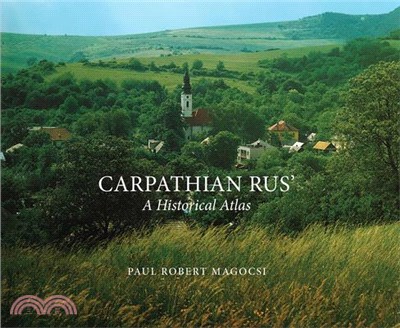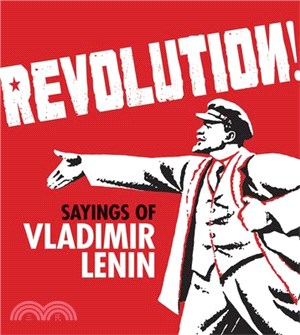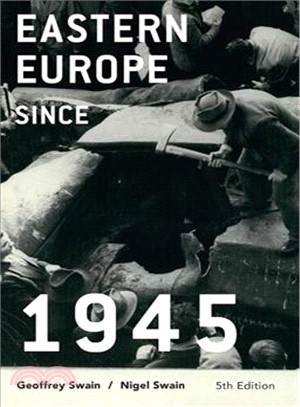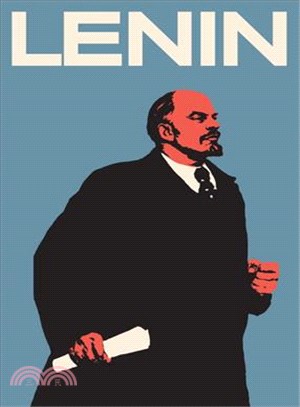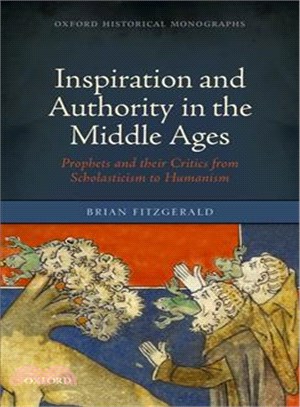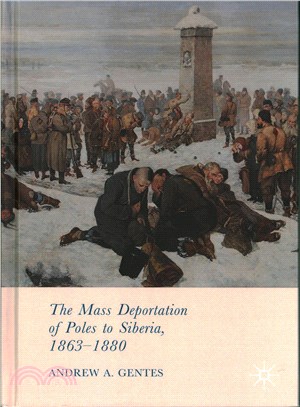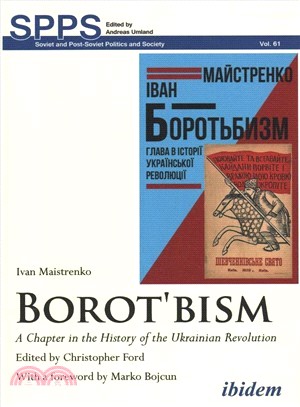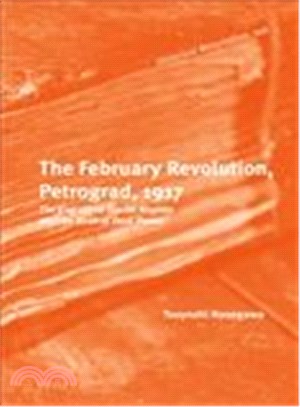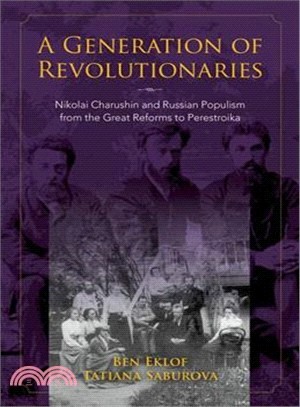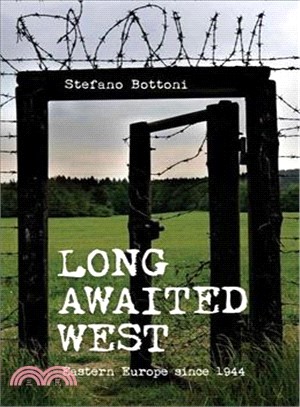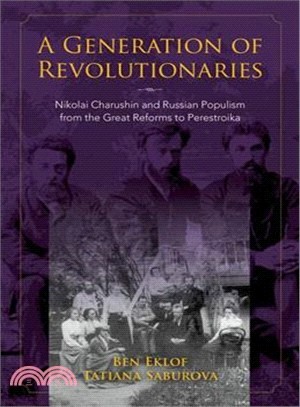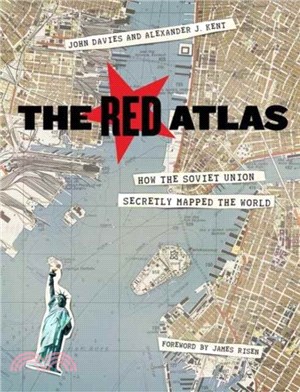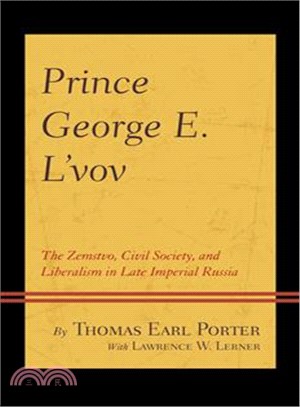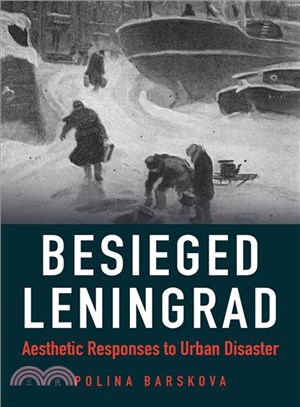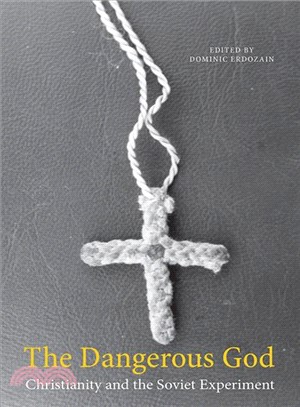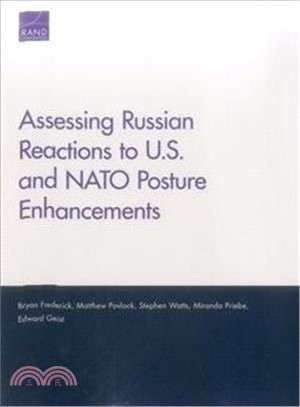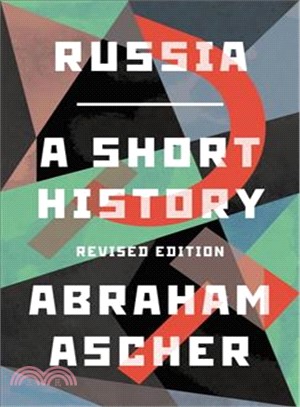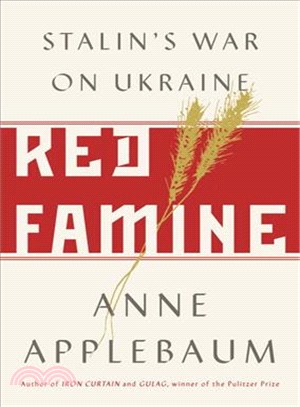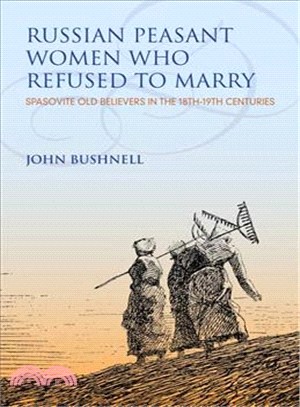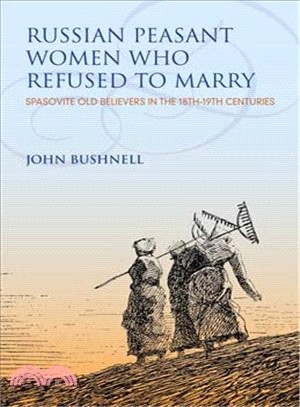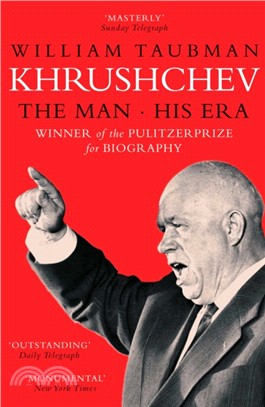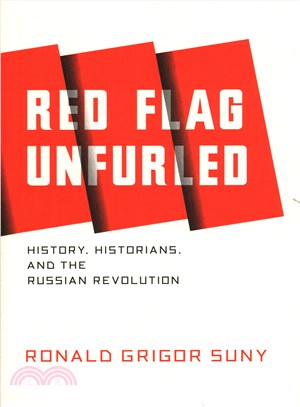共
2902 筆
第14 / 73 頁
優惠價:1
3248
無庫存
優惠價:1
788
無庫存
優惠價:1
912
無庫存
優惠價:1
760
無庫存
若需訂購本書,請電洽客服 02-25006600[分機130、131]。
優惠價:9
1368
無庫存
優惠價:1
1575
無庫存
若需訂購本書,請電洽客服 02-25006600[分機130、131]。
若需訂購本書,請電洽客服 02-25006600[分機130、131]。
優惠價:79
885
無庫存
優惠價:1
2339
無庫存
若需訂購本書,請電洽客服 02-25006600[分機130、131]。
出版日:2017/10/31
作者:Ivan Maistrenko;
Peter Dornan (EDT);
Chris Ford (EDT);
George S.n. Luckyj (TRN)
出版社:Ibidem-Verlag Haunschild;Schoen gbr
裝訂:平裝
優惠價:1
2700
無庫存
優惠價:1
2500
無庫存
優惠價:1
3900
無庫存
優惠價:1
1677
無庫存
若需訂購本書,請電洽客服 02-25006600[分機130、131]。
若需訂購本書,請電洽客服 02-25006600[分機130、131]。
優惠價:1
1140
無庫存
優惠價:9
8640
無庫存
若需訂購本書,請電洽客服 02-25006600[分機130、131]。
若需訂購本書,請電洽客服 02-25006600[分機130、131]。
若需訂購本書,請電洽客服 02-25006600[分機130、131]。
優惠價:1
2400
無庫存
優惠價:1
2400
無庫存
優惠價:9
1300
無庫存
若需訂購本書,請電洽客服 02-25006600[分機130、131]。
優惠價:1
3357
無庫存
優惠價:1
2697
無庫存
出版日:2017/10/13
作者:Bryan Frederick;
Matthew Povlock;
Stephen Watts;
Miranda Priebe;
Edward Geist
出版社:Rand Corp
裝訂:平裝
優惠價:1
1900
無庫存
優惠價:1
753
無庫存
優惠價:79
1296
無庫存
優惠價:79
600
無庫存
絕版無法訂購
若需訂購本書,請電洽客服 02-25006600[分機130、131]。
優惠價:1
2400
無庫存
若需訂購本書,請電洽客服 02-25006600[分機130、131]。
優惠價:79
1086
無庫存
優惠價:1
1573
無庫存



